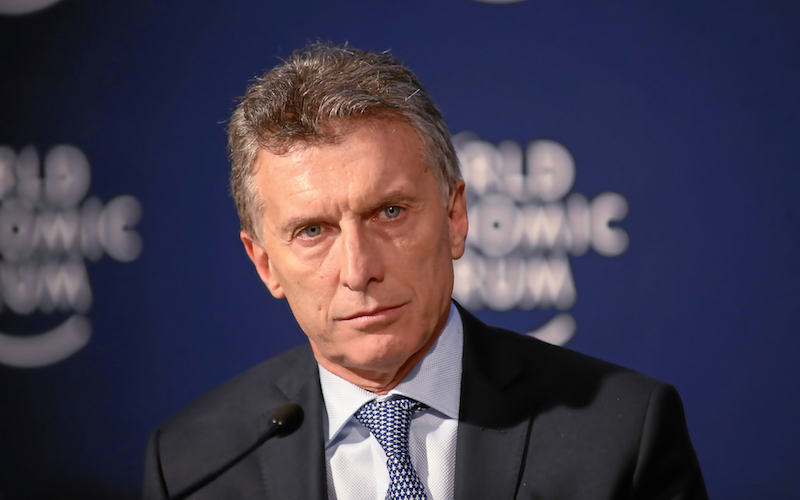
Davos: Latin America’s Battle to Avoid Falling Behind
According to a report from this year’s World Economic Forum (WEF) in Davos, Switzerland, three global agreements establishing a transformative vision of sustainable development that integrate economic, social and environmental dimensions were approved. According to the United Nations Economic Commission of Latin America and the Caribbean (CEPAL), all have exposed the weaknesses in the region.
The WEF report observes that “global growth has still not recovered from the effects of the economic and financial crisis of 2008-2009.”
In this context, the countries of Latin America and the Caribbean are finding difficulties in increasing exports, production and investment.
CEPAL estimates that “the economies of Latin America and the Caribbean contracted 0.4 percent in 2015 and will grow by only 0.2% in 2016.” Therefore, how can developing regions like Latin America avoid falling short of what progress has already been achieved? Certain areas must be more closely analyzed.
Latin America behind in the new digital revolution?
The current global digital revolution is transforming the production, trade and distribution of goods and services. Production will be increasingly concentrated in a few large companies with worldwide presence, while markets will become increasingly fragmented.
Countries need to develop skills for the new economy, especially technical, skilled labor and environmental.
But Latin America and the Caribbean still have a long way to go to become an innovation-driven region.
Regional economic and technological integration is vital
Latin America and the Caribbean must deepen their economic and technological integration to promote production chains, strengthen intra-regional trade and support the production of exports.
Industrial and technological policies are essential to increase the potential for long-term growth of the region. Improving their prospects of development also may require rethinking the relationship between governments, the private sector, civil society and multilateral organizations to establish an environment of “big push” for sustainable development.
In recent times, CEPAL, coinciding with the second administration of the current Chilean President and former head of UN Women, Michele Bachelet, has regressed to positions that reflect the spirit of dependency theory.

